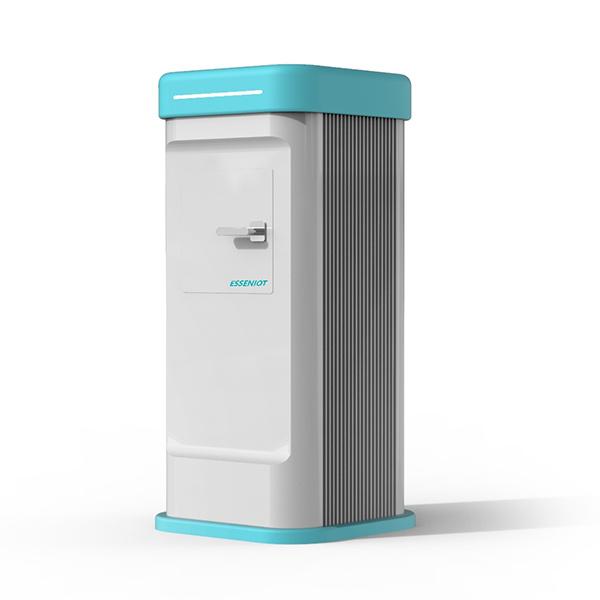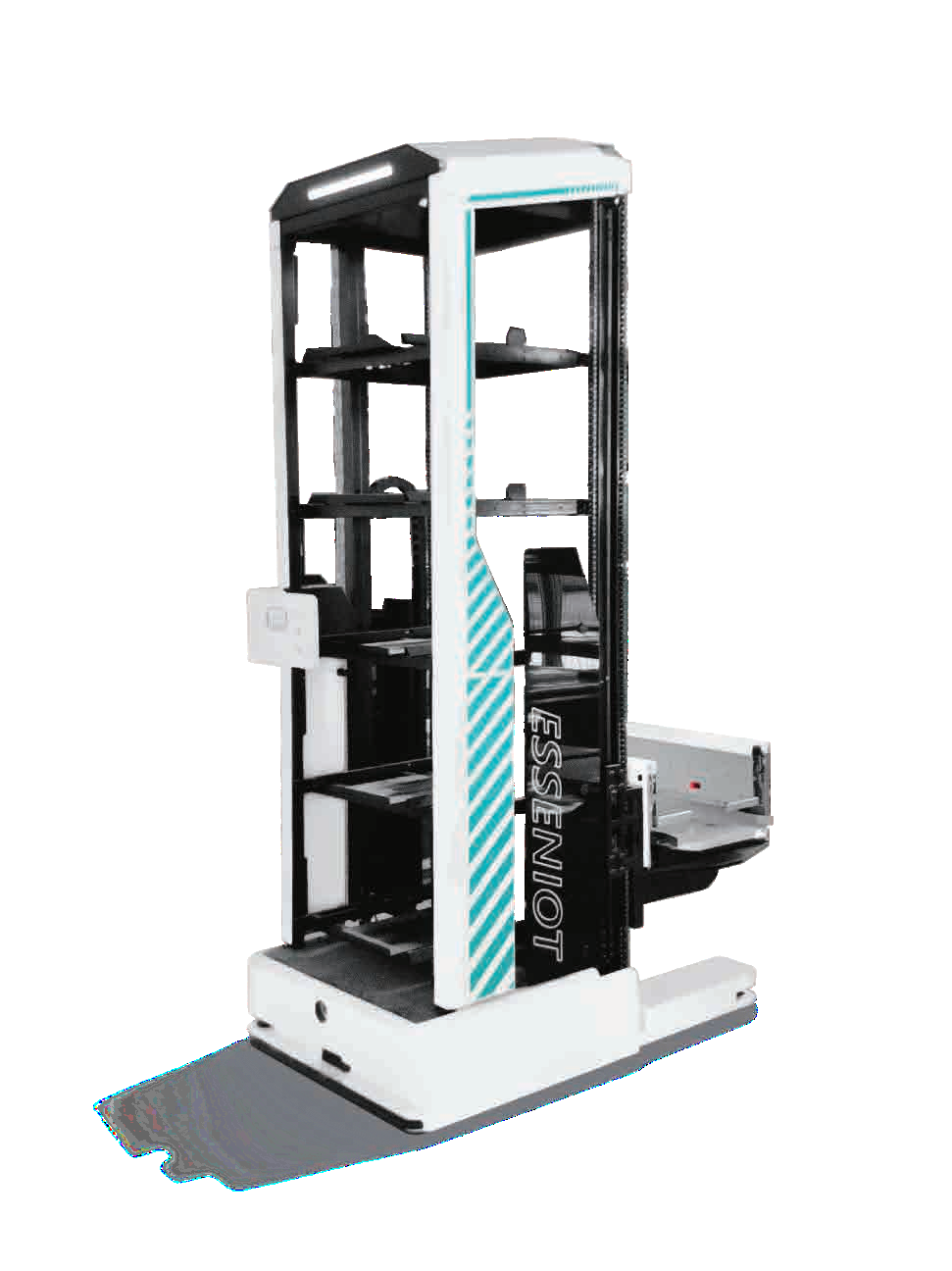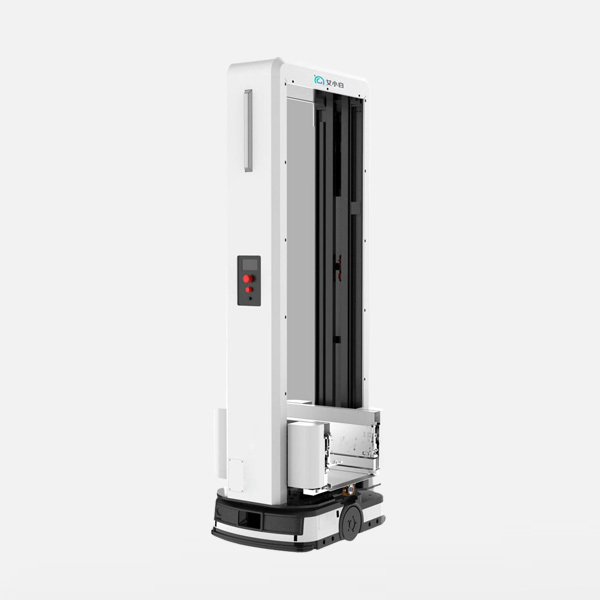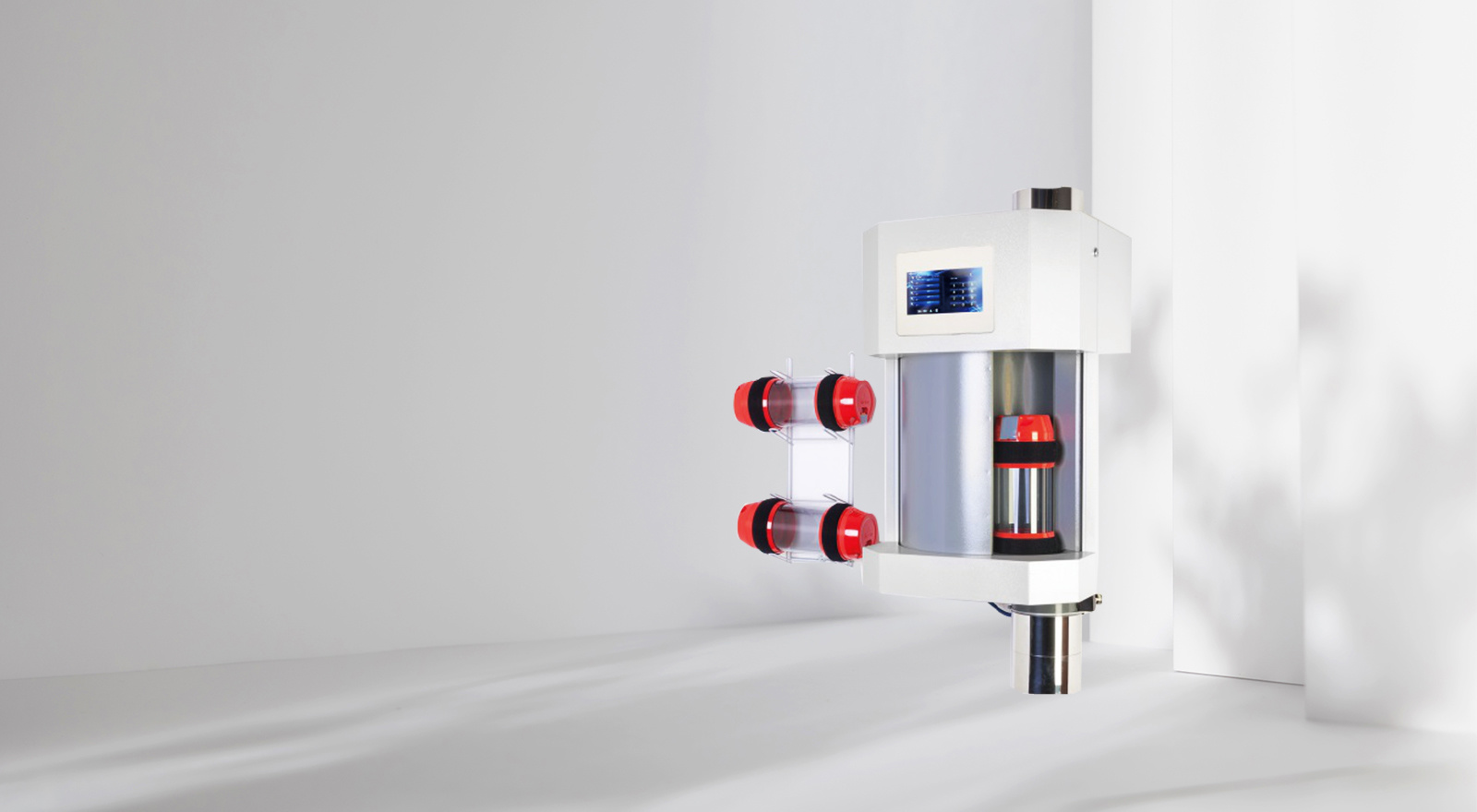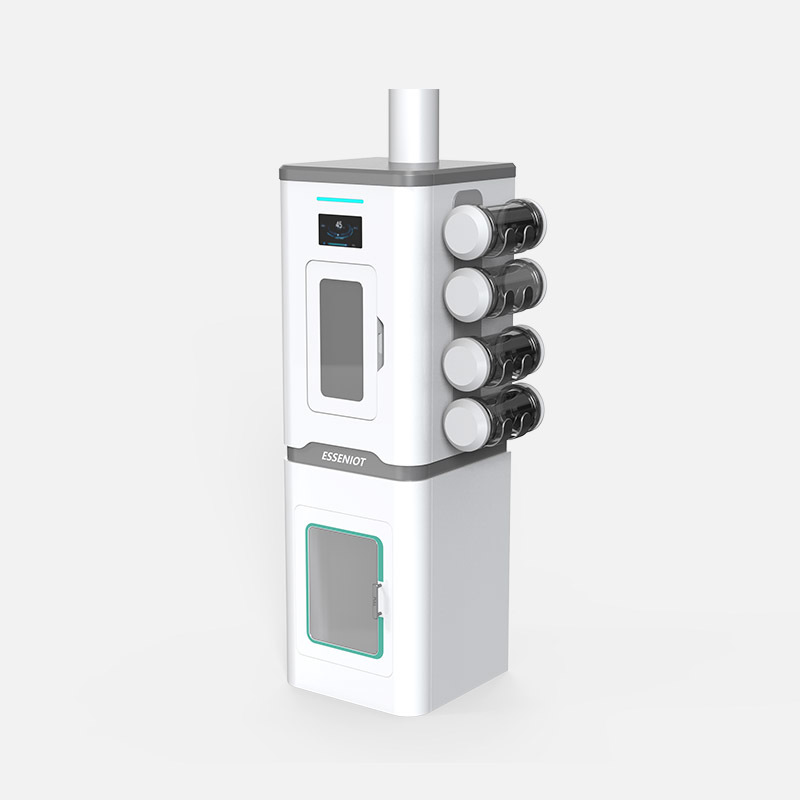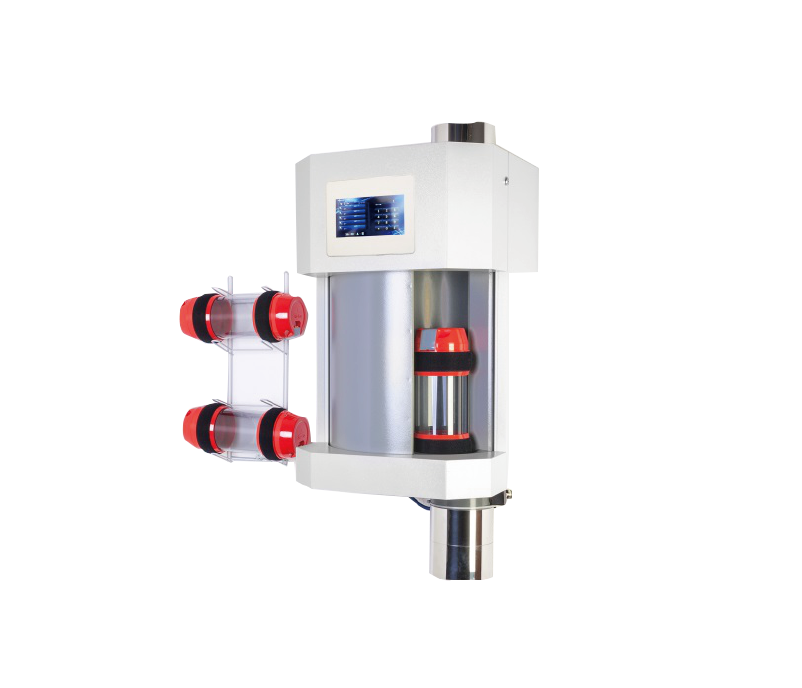Information Details
Revolutionizing Healthcare: The Role of Delivery Robots in the Medical Device Industry
Release time:
2024-06-04 12:00
Delivery robots have emerged as a game-changing innovation in various industries, including healthcare. In the realm of medical devices, these autonomous robots are revolutionizing the way equipment is transported within hospitals and healthcare facilities. By utilizing advanced navigation systems and artificial intelligence, delivery robots can efficiently and safely transport medical devices from one location to another, reducing the workload on healthcare staff and improving overall operational efficiency.
One key advantage of delivery robots in the medical device industry is their ability to navigate complex hospital environments with ease. These robots are equipped with sensors and cameras that allow them to map out their surroundings and avoid obstacles in real-time. This capability ensures that medical devices are delivered quickly and accurately to their intended destinations, minimizing the risk of delays or errors in the delivery process.
Moreover, delivery robots play a crucial role in enhancing infection control measures within healthcare settings. By reducing the need for human intervention in the transportation of medical devices, these robots help minimize the risk of cross-contamination and the spread of infections. This is particularly important in healthcare facilities where maintaining a sterile environment is essential for patient safety.
In addition to improving operational efficiency and infection control, delivery robots also offer cost-saving benefits for healthcare organizations. By streamlining the delivery process and reducing the reliance on manual labor, these robots can help healthcare facilities optimize their resources and maximize productivity. This ultimately leads to improved patient care and overall satisfaction with healthcare services.
As the demand for efficient and reliable medical equipment delivery solutions continues to grow, delivery robots are poised to play an increasingly important role in the medical device industry. With their advanced technology and ability to enhance healthcare operations, these robots are set to revolutionize the way medical devices are transported and ultimately contribute to better patient outcomes.
One key advantage of delivery robots in the medical device industry is their ability to navigate complex hospital environments with ease. These robots are equipped with sensors and cameras that allow them to map out their surroundings and avoid obstacles in real-time. This capability ensures that medical devices are delivered quickly and accurately to their intended destinations, minimizing the risk of delays or errors in the delivery process.
Moreover, delivery robots play a crucial role in enhancing infection control measures within healthcare settings. By reducing the need for human intervention in the transportation of medical devices, these robots help minimize the risk of cross-contamination and the spread of infections. This is particularly important in healthcare facilities where maintaining a sterile environment is essential for patient safety.
In addition to improving operational efficiency and infection control, delivery robots also offer cost-saving benefits for healthcare organizations. By streamlining the delivery process and reducing the reliance on manual labor, these robots can help healthcare facilities optimize their resources and maximize productivity. This ultimately leads to improved patient care and overall satisfaction with healthcare services.
As the demand for efficient and reliable medical equipment delivery solutions continues to grow, delivery robots are poised to play an increasingly important role in the medical device industry. With their advanced technology and ability to enhance healthcare operations, these robots are set to revolutionize the way medical devices are transported and ultimately contribute to better patient outcomes.
delivery robot
Typical Case Study

